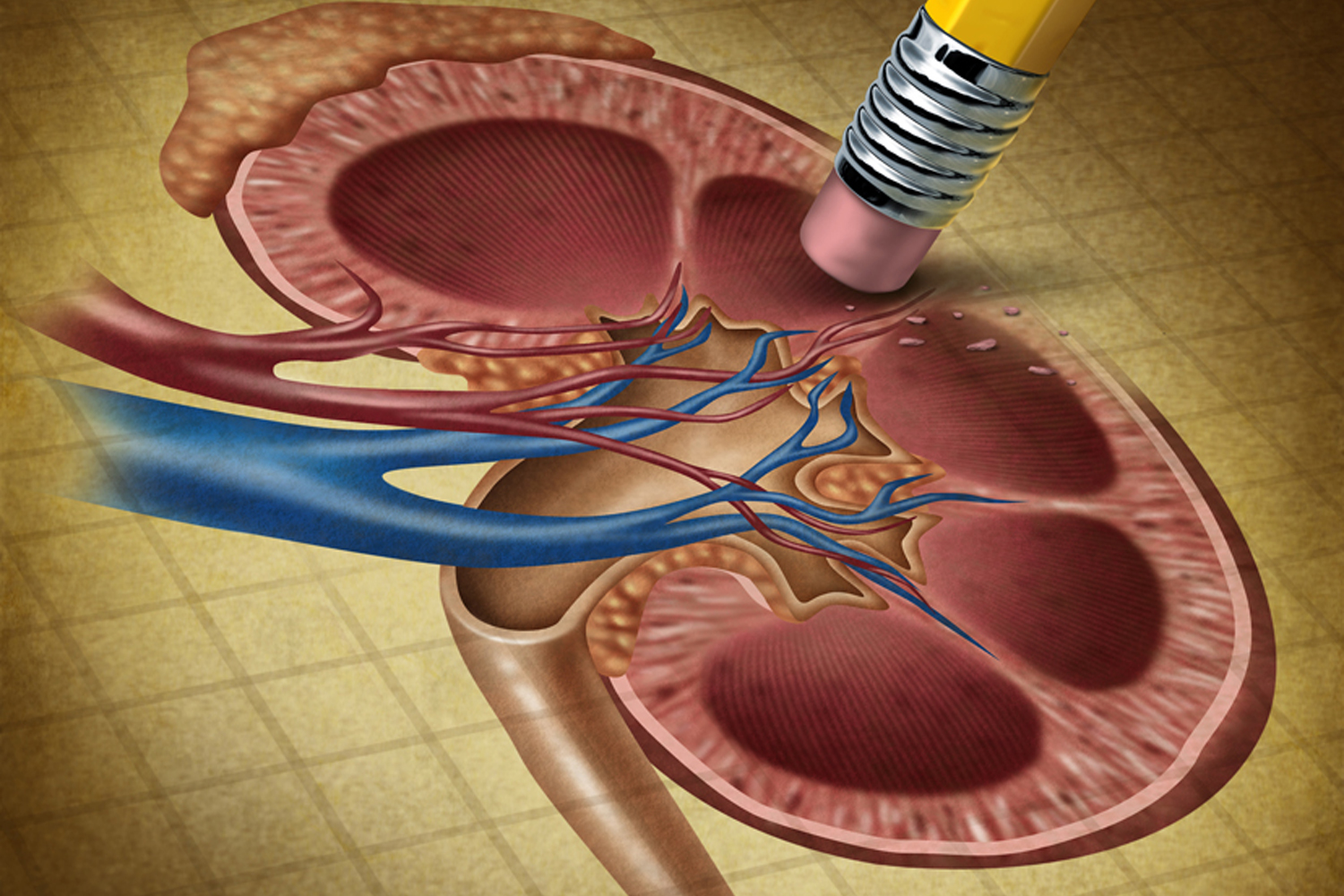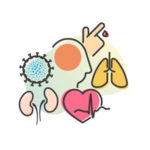-
Taking Stock of CAR T-Cell Therapy
Five years after the FDA approved the first CAR T-cell therapy, use of the treatment has expanded to many patients with blood cancer.
by Kendall K. Morgan
-
Diet and Cancer: Getting the Research Onto Your Plate
New studies each year purport to show associations between certain foods and cancer. Experts say to focus on the big picture.
by Anne Danahy
-
How Common Are Treatment Breakthroughs?
A new study adds nuance to the ‘golden age’ of cancer drug approvals.
by Jon Kelvey
-
New Guidelines Recommend Exercise for Most Cancer Patients
People in treatment for early-stage cancer should try to get exercise, according to new recommendations.
by Sandra Gordon
-
E-Cigarettes Don’t Live Up to Promises
New studies find that electronic cigarettes trail other methods in helping people quit smoking, but they are growing in popularity among teens.
by Teresa Bergen
-
Forward Look
What’s NextNanoscopic biological computer kills cancer cells, spares healthy ones.
by Natalie Slivinksi
-
Forward Look
Drug Combinations for Advanced MelanomaResearchers find that when treating metastatic melanoma, timing is everything.
by Erin O'Donnell
-
Comorbidity: Treating the Whole Patient
Patients with cancer often have at least one other chronic disease. Researchers hope to shine a light on how conditions and treatments interact in patients with chronic lymphocytic leukemia and other cancer types.
by Eric Fitzsimmons
-
From the Editor-in-Chief
RAS as an ‘Undruggable’ Drug TargetNew therapies are being developed to attack a previously untreatable cancer mutation.
by William G. Nelson, MD, PhD
-
Disparities in Cervical Cancer
Many women are being diagnosed with cervical cancer, despite the availability of tools to prevent and diagnose the disease. Black and Hispanic women and low-income and rural populations are especially vulnerable.
by Natalie Slivinski
Cancer Talk
Let Me Tell You a Story About the Power of Medical Research
Ten-year-old Michael Methner told his story about being diagnosed with optic nerve glioma at the AACR’s Rally for Medical Research.
by Cancer Research Catalyst
Aggressive Approach to Very Advanced Cancer Does Not Extend SurvivalStudy shows no benefit from treatment for cancers at very advanced stages of progression. Researchers urge end-of-life planning for these patients.
by Kyle Bagenstose
The Affordable Care Act’s Impact on Access to Cancer CareA study at the AACR Cancer Health Disparities Conference found more people got quality cancer care after the ACA went into effect.
by Cancer Research Catalyst
Understanding the Federal Rule on Breast Tissue Density ReportsScreening mammography reports will include breast density and an explanation in common language.
by Sandra Gordon















